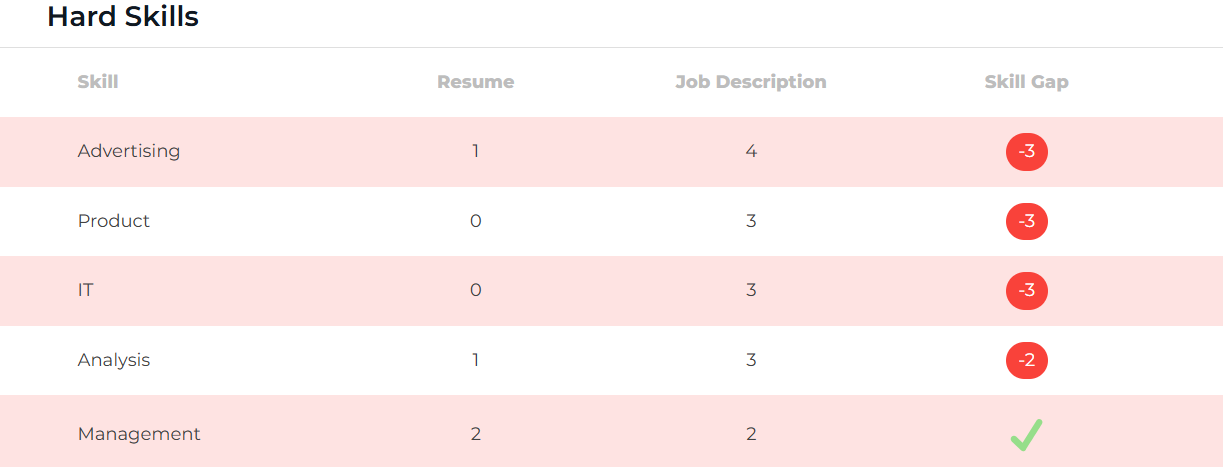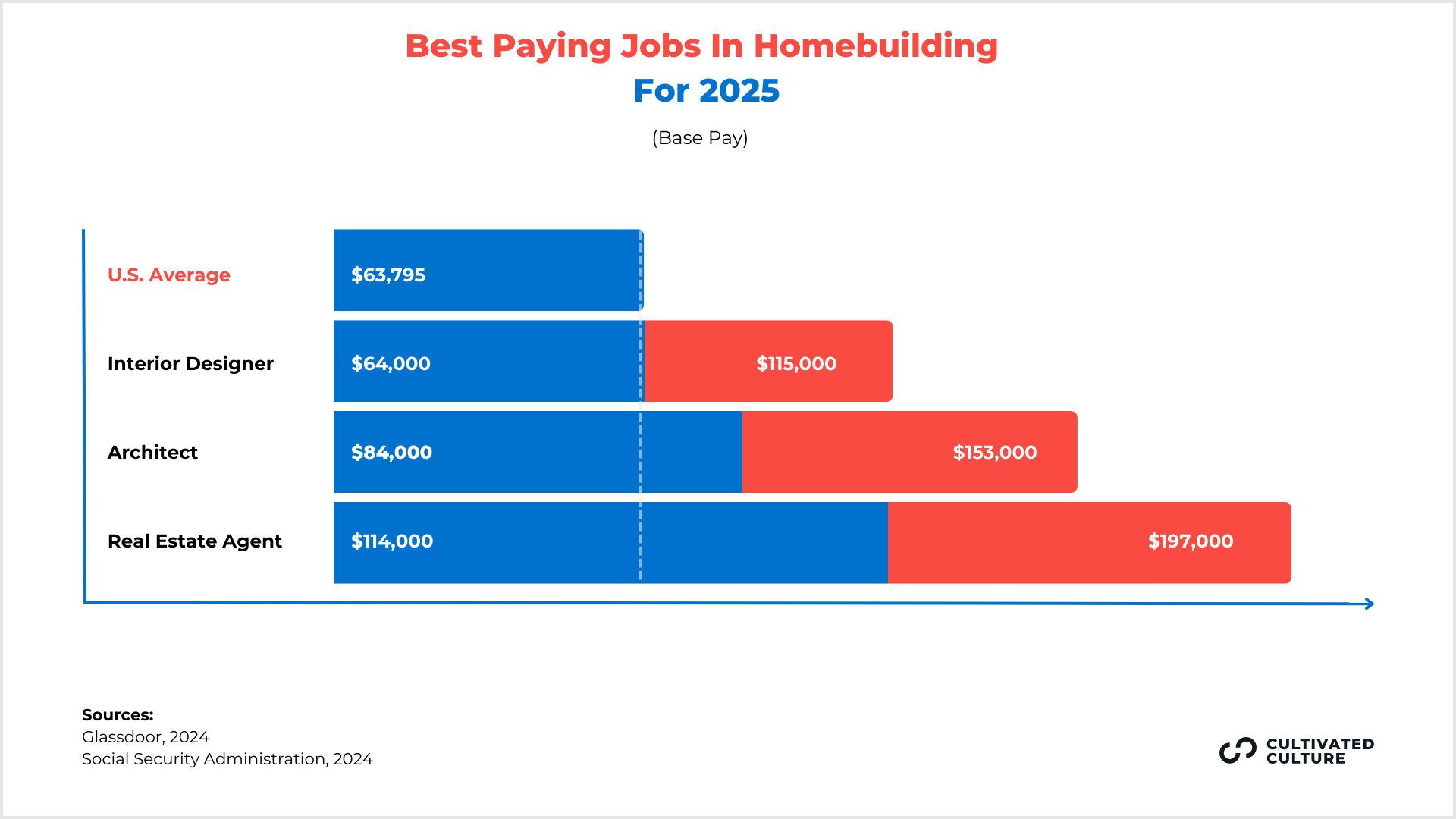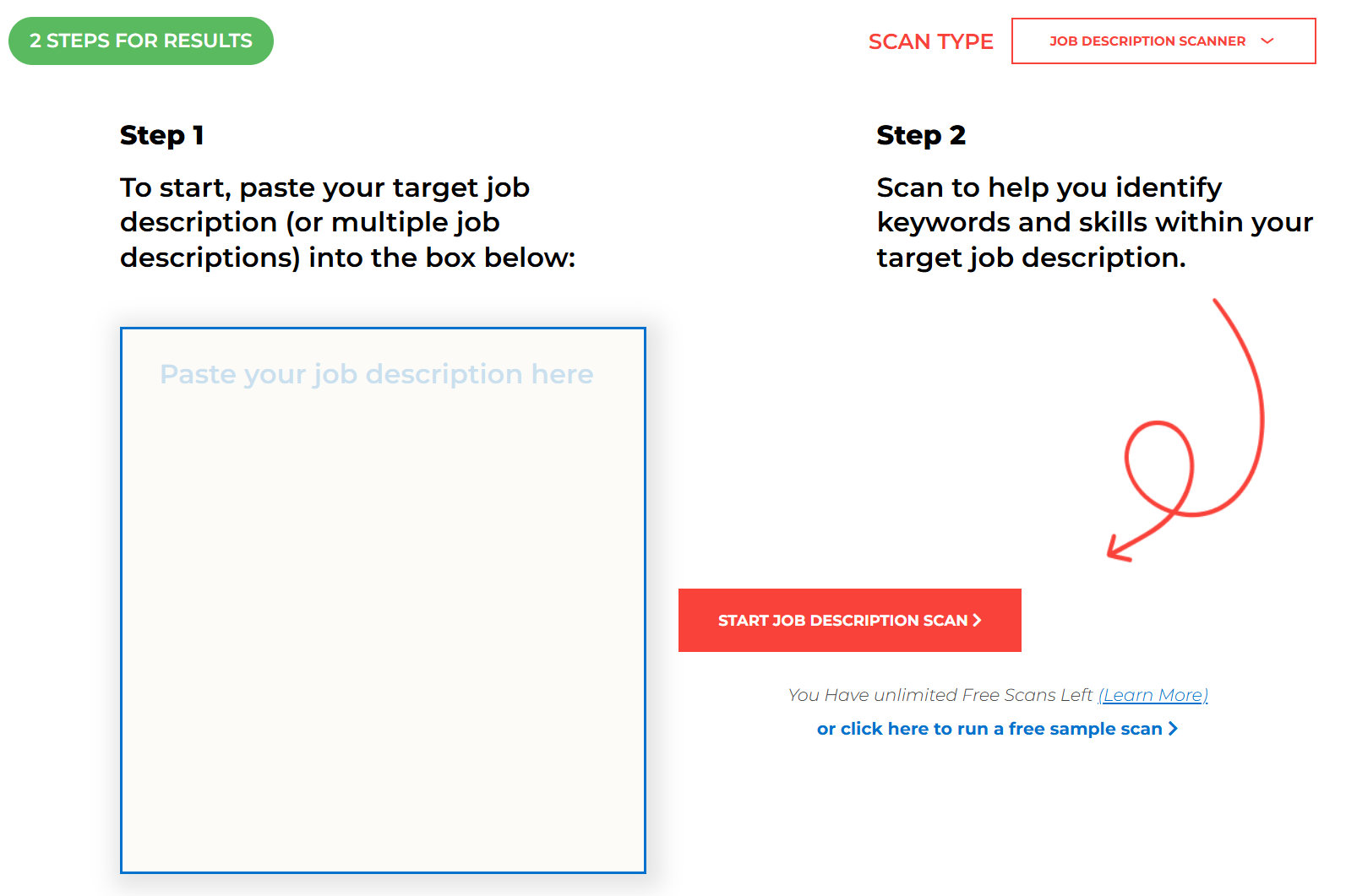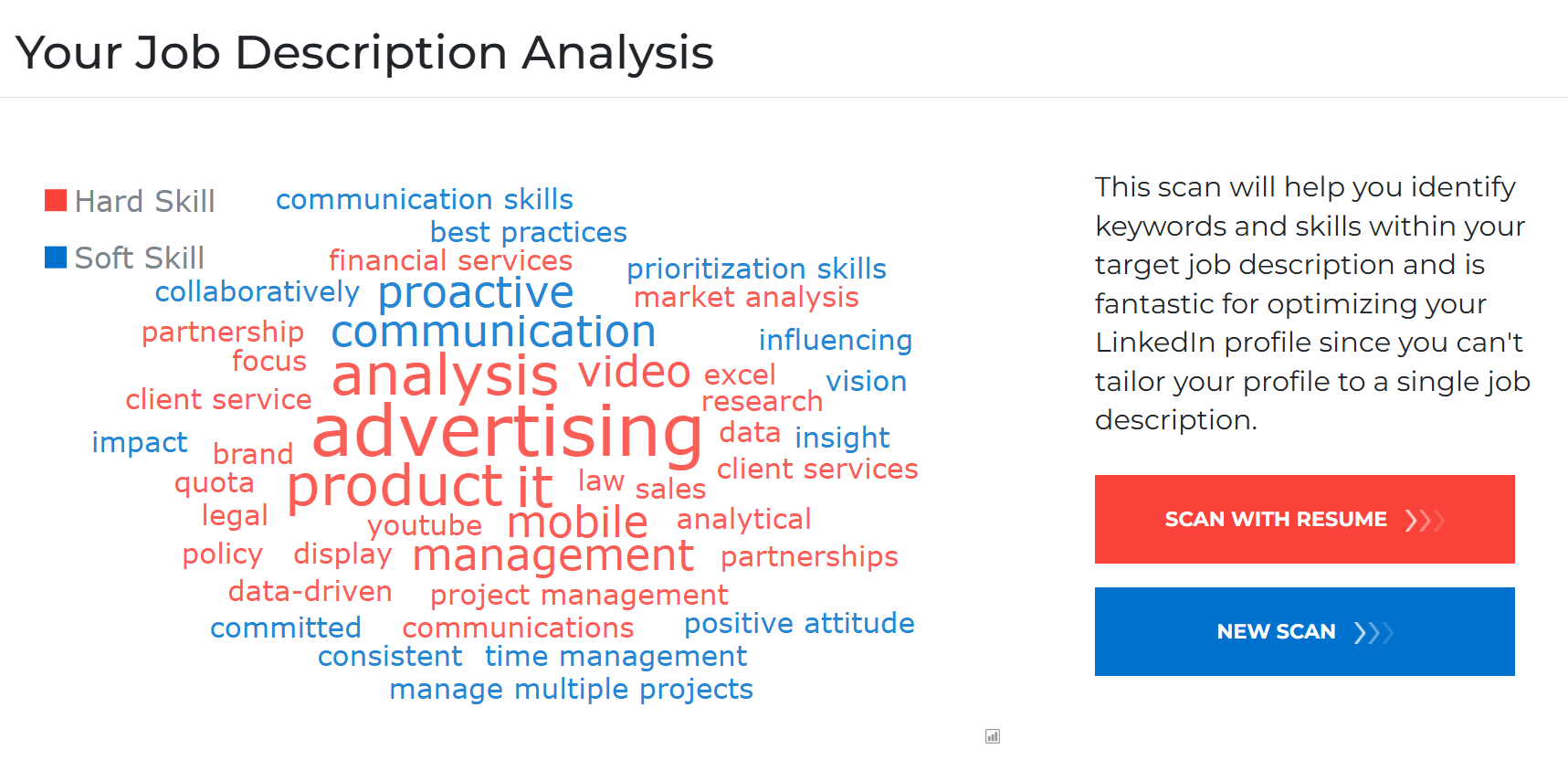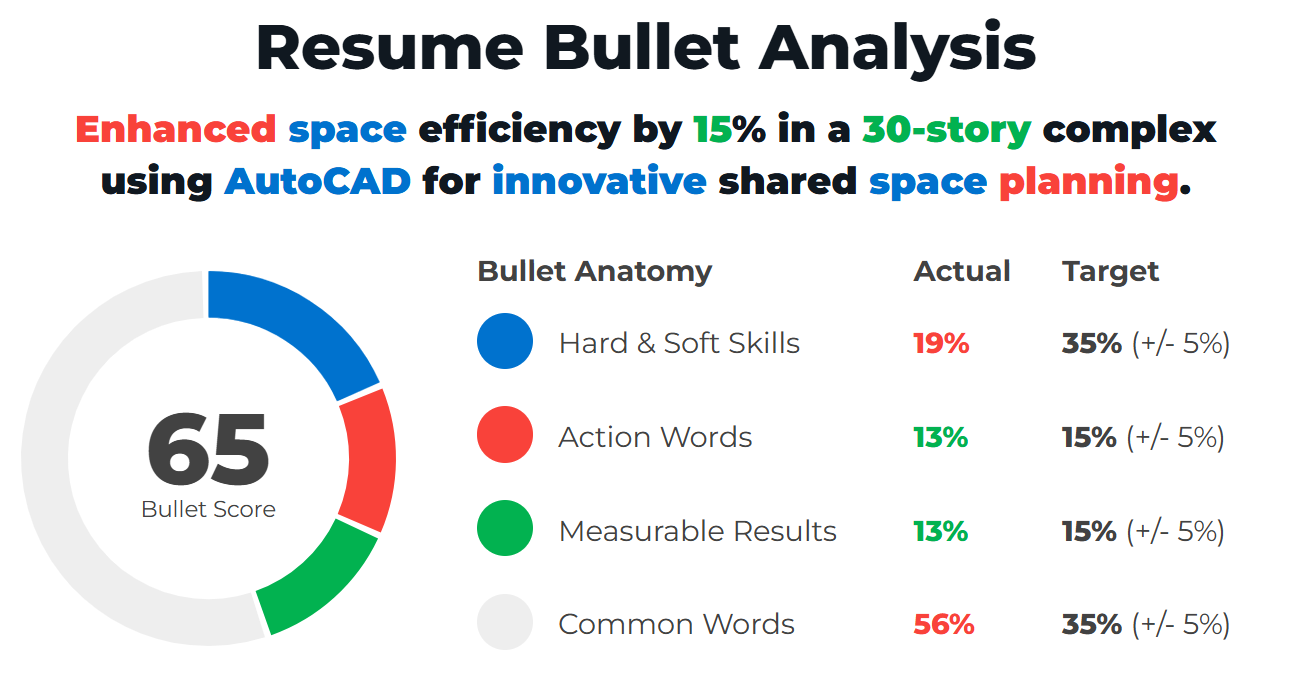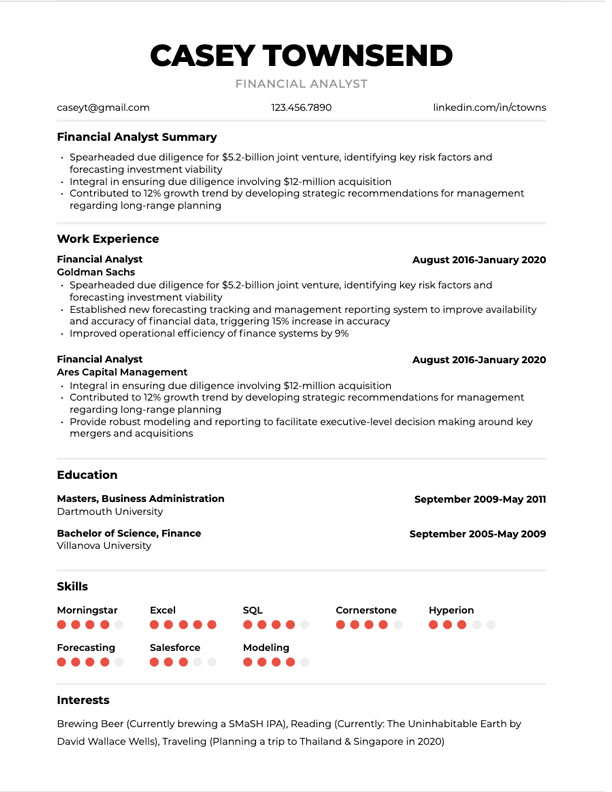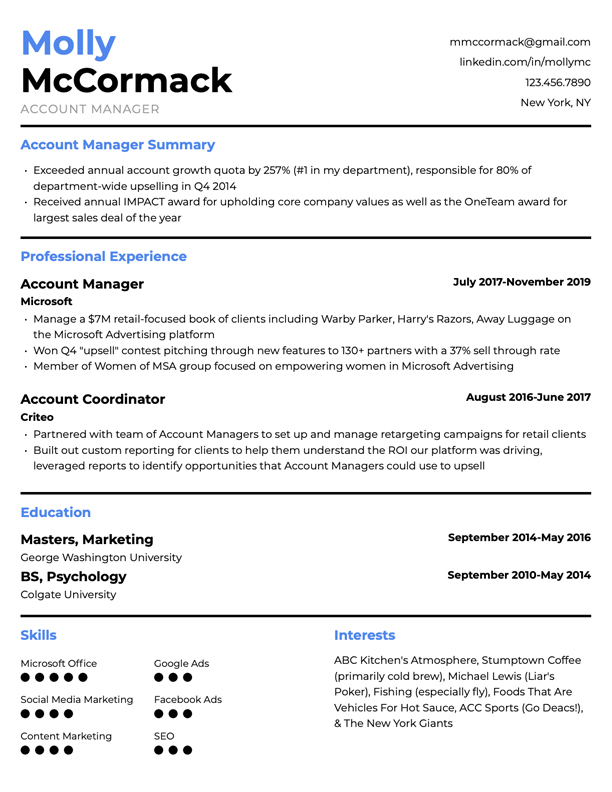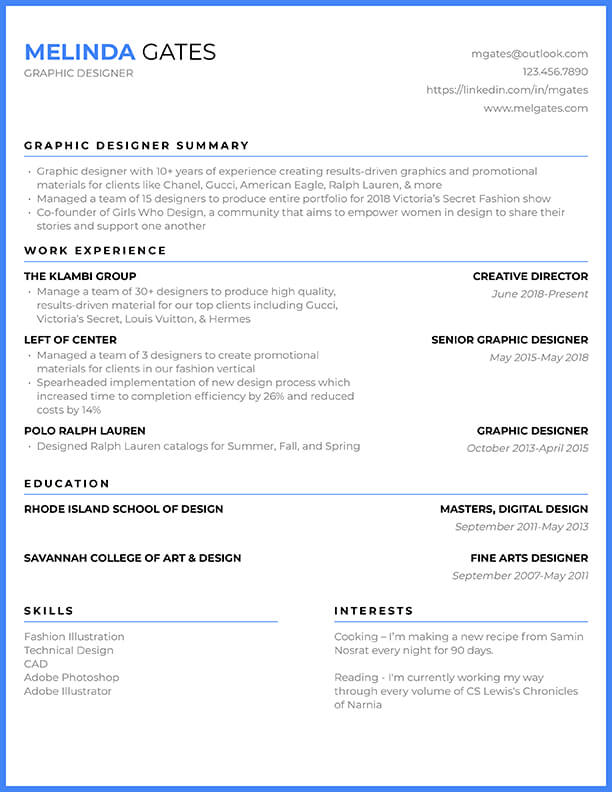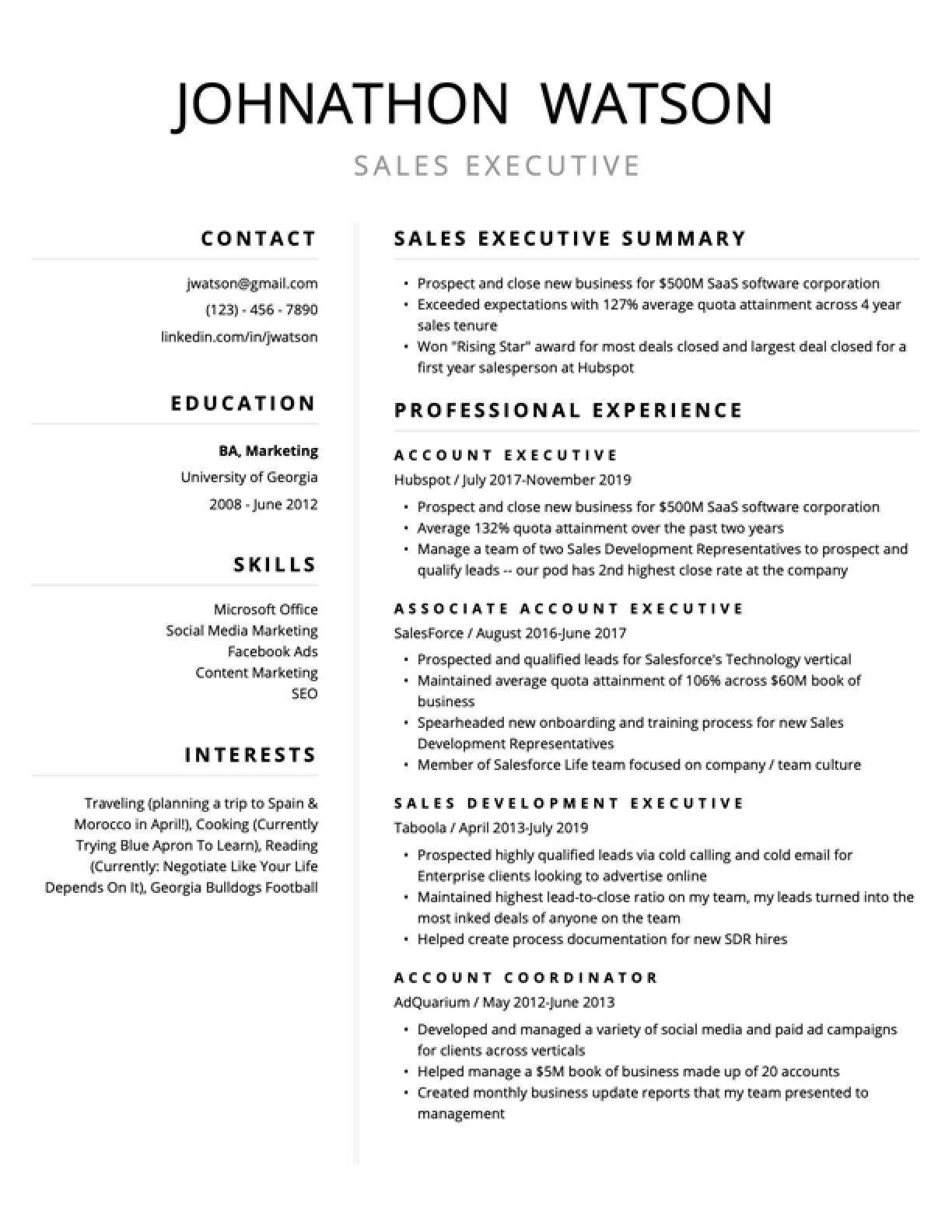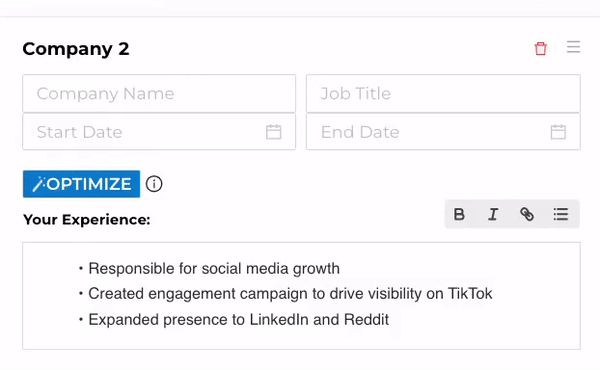If you’ve landed on this article, you probably have tons of questions about working in the homebuilding industry and are wondering if this is a career path worth pursuing.
Good news – you have come to the right place! Whether you're an entry-level professional or well-established in another industry and looking for a career change, this article is for you!
In this article, we’ll be covering the following topics:
- What Is The Homebuilding Industry?
- What Companies Are In The Homebuilding Field?
- What Are The Job Options In Homebuilding?
- What Are The Skills Needed For Homebuilding?
- What Do Homebuilding Jobs Pay?
- Is Homebuilding A Good Career Path? (Our Verdict)
- How To Build A Job-Winning Homebuilding Resume
Let’s dig in!
What Is The Homebuilding Industry?
The homebuilding industry involves the construction and sale of residential buildings, from single-family homes to multi-unit apartments. It plays a crucial role in meeting the housing needs of a growing population and includes various phases from design to construction and selling.
What Companies Are In The Homebuilding Field?
Several major companies lead the homebuilding industry. Here are some examples:
- Toll Brothers: Known for luxury home constructions.
- D.R. Horton: Famous for single-family homes.
- Lennar Corporation: Specializes in affordable housing options.
- PulteGroup: Focuses on customized design and eco-friendly homes.
These companies play a significant role in the development and growth of residential areas, meeting diverse consumer needs.
What Are The Job Options In Homebuilding?
Jobs in the homebuilding industry are diverse, ranging from hands-on construction roles to design and management positions.
Jobs In Construction
- Site Manager: Oversees the daily operations on construction sites.
- Construction Worker: Involved in the physical building processes.
- Civil Engineer: Designs infrastructure and oversees site development.
Jobs In Design and Planning
- Architect: Designs new residential buildings and renovations.
- Urban Planner: Works on the planning of entire residential areas.
- Interior Designer: Focuses on the aesthetics and functionality of indoor spaces.
Jobs In Sales
- Real Estate Agent: Helps clients buy and sell homes.
- What Are The Skills Needed For Homebuilding?
Skills in the homebuilding industry vary widely, depending on the role. Here are the required skills for some of the most common positions:
Entry-Level Roles:
- Technical Skills: Essential for construction and design roles.
- Communication Skills: Crucial for dealing with clients and teams.
- Problem-Solving Skills: Needed to address challenges that arise during construction.
Mid-Senior Manager Roles:
- Project Management: Crucial for overseeing developments from start to finish.
- Leadership: Important for managing teams and ensuring project success.
- Strategic Planning: Needed to align projects with market demand and company goals.
Mid-Senior Technical Roles:
- Advanced Engineering Knowledge: Required for creating safe and efficient buildings.
- Sustainability Practices: Increasingly important in designing eco-friendly homes.
- Regulatory Knowledge: Essential for ensuring compliance with local laws and regulations.
Finding Your Fit With Homebuilding Roles
Want to find out if you are the right fit for a role in the homebuilding industry?
We've got you covered.
Here's a simple, step-by-step guide to find out if you have the skills to take a new position in the homebuilding industry!
- Head over to LinkedIn and search for homebuilding industry roles.
- Copy the job description of the role that sparked your interest.
- Head over to ResyMatch.io (or use our shortcut below)
- Grab a copy of your most updated resume.
- Upload your resume on the left side.
- Paste the job description on the right side.
- Hit “Start Resume Scan.”
Boom! ResyMatch will compare and score your resume versus the job description and identify skill gaps.
ResyMatch will also provide best practices you can use to improve your resume and will ensure that your resume is ATS compliant (ATS is a software that recruiters use to track candidates through their hiring process).
Use our shortcut below to get started:
What Do Homebuilding Jobs Pay?
Now that we’ve covered the most common jobs in the finance consumer services industry, you might be wondering how much these roles pay.
To answer this question, let’s head over to one of our favorite tools for salary research: Glassdoor.
Glassdoor is one of the world’s top job and recruiting websites where users can anonymously provide information about their companies – including their current salary. Glassdoor provides an average salary range for various roles based on the information sent by its users.

- Site Manager: $49K – $75K / year base pay (USD)
- Construction Worker: $-37K – $58K / year base pay (USD)
- Civil Engineer: $73K – $109K / year base pay (USD)
- Architect: $84K – $153K / year base pay (USD)
- Urban Planner: $65K – $101K / year base pay (USD)
- Interior Designer: $64K – $115K / year base pay (USD)
- Real Estate Agent: $114K – $197K / year base pay (USD)
Best Paying Jobs In Homebuilding Compared To The Average U.S. Salary In 2026
According to the Social Security Administration, the average salary in the U.S. is $63,795.
This is what the best-paying jobs in the finance consumer services industry look like when we put them in perspective:
Is Homebuilding A Good Career Path? (Our Verdict)
Homebuilding is a strong industry, with roles ranging from hands-on construction to design and sales. It is a good fit for those interested in construction, engineering, housing, and real estate. Further, the demand for new housing and the ongoing need for residential renovations provide stable job opportunities.
If you feel like this might be the career path for you, then be sure to dive into the next section where we will cover the best strategies to help you land a job in the field:
How To Build A Job-Winning Homebuilding Resume
Here's a fact most people don't usually realize: you don't need traditional experience to take on a new role.
You can leverage your unique background, experiences, and skills for nearly any position, as long as you sell it.
Think about your resume as an advertisement for yourself. Like any ad, you want it to be compelling and visually attractive, right?
That's exactly what you will do with your resume!
You will start by:
1. Leveraging The Best Keywords For Your Target Role
Remember ResyMatch.io, that resume and job description scanner tool we mentioned earlier in this article?
We first showed you how you can scan and compare your resume with your target job description to find out how your skills match the role.
However, if you don't have a resume yet, you can still get great insight from this tool by running a job description scan.
Here's how: head over to ResyMatch.io and, in “Scan Type,” select “Job Description Scanner.” Then, copy the job description for your target role and paste it into the box on the left.
ResyMatch.io will provide a list of hard and soft skills that apply to the role. You can use these skills as keywords when building your resume.
Skim through the list to get ideas for keywords you can leverage on your resume.
For example, let's say you are an innovative and analytical individual. Are there any previous experiences, personal projects, or even academic achievements that you can showcase in your resume to highlight these skills?
If yes, then make sure to include those on your resume and then move on to the next step:
2. Writing Compelling Resume Bullets
This is where you'll start crafting a resume that sells!
You'll want your resume bullets to have just the right amount of hard and soft skills, action words, measurable results, and common words.
This means a compelling homebuilding resume bullet for someone applying for an Architect might look something like this:
Enhanced space efficiency by 15% in a 30-story complex using AutoCAD for innovative shared space planning.
This bullet focuses on specific hard and soft skills that apply for an Architect, while also showcasing measurable results!
To help you write the perfect resume bullet, we've created ResyBullet.io, a free resume bullet analyzer that helps you write your resume in a way that grabs attention and illustrates value. Simply copy and paste your resume bullet below to begin your analysis:
ResyBullet will analyze and score your resume bullet and give you actionable insights for improvement.
Here's how our homebuilding resume bullet scored on ResyBullet:
If you're a visual learner, check out our video that walks you through the step-by-step of writing a crazy-effective resume bullet:
3. Make Your Resume Visually Appealing
The last step is to take all of your content and apply it to a layout that is both easy to read and visually appealing. We recommend using a resume template so you can save the time you would normally spend designing your resume and instead allocate it to other high-value activities in your job search (like interview prep and networking).
You can use ResyBuild.io, a free resume builder, to easily build and customize your resume in no time. Just pick one of the templates below and get started:

Free Job-Winning Resume Templates, Build Yours In No Time.
Choose a resume template below to get started:
Choose from 8 proven templates and easily create, edit, and customize your resume. ResyBuild's AI assistant also helps you craft personalized, job-winning bullets in a single click. Simply add your experience, hit “Optimize”, and watch the magic happen.
Ready To Pursue A Homebuilding Career Path?
Then check out our No Experience, No Problem course and access a proven framework for building the skills and results you need to break into a new industry (even if you have absolutely no relevant experience right now)!



















